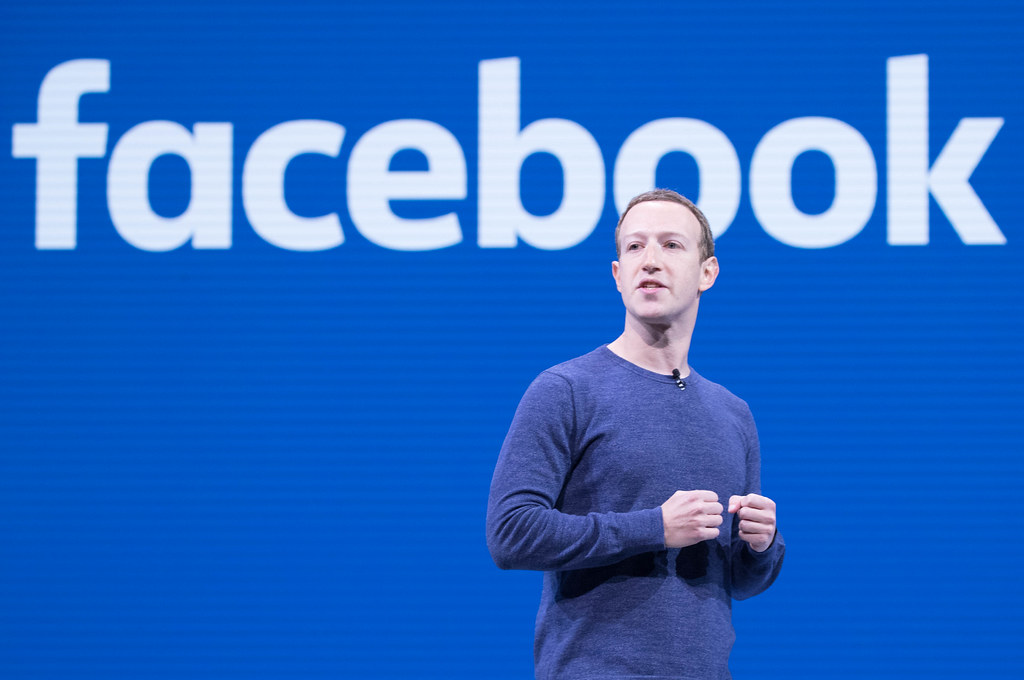
Meta has unveiled a new feature, the Facebook Friends tab, which marks a throwback to the original spirit of the social networking app, as described by CEO Mark Zuckerberg. The new tab is designed to focus on content from friends, moving away from the heavily AI-curated recommendations that have come to dominate the Facebook feed. In a post about the new feature, Zuckerberg referred to it as a return to “OG Facebook,” a nod to the early days of the platform when users primarily saw updates from friends.
The Friends Tab Experience
The Facebook Friends tab presents users with a streamlined view of the latest posts, stories, reels, birthdays, and friend requests from their friends. This move reflects Zuckerberg’s desire to recapture the essence of Facebook as it was originally used, in contrast to the modern feed filled with recommended content tailored to individual interests through AI algorithms. Meta’s decision to highlight more personal, friend-centered content comes as part of a broader effort to reshape the app’s cultural relevance and influence.
Zuckerberg’s Vision for “OG Facebook”
Zuckerberg has expressed his excitement about returning to the roots of Facebook, a vision he hinted at during the company’s fourth-quarter earnings call in January. He emphasized the opportunity to make Facebook “more culturally influential than it is today” by focusing on the aspects of the app that users initially loved — personal connections, updates from friends, and a more authentic, less algorithm-driven experience.
The new Friends tab is available now in the U.S. and Canada, but Meta has not yet disclosed when it will roll out globally.
What The Author Thinks
While the “OG Facebook” concept might appeal to long-time users nostalgic for the simpler, friend-focused days of the platform, Meta’s move to return to its roots feels like a band-aid solution to deeper issues within the app. The ongoing shift towards algorithm-driven content has fundamentally changed the way people interact with Facebook. A return to friend-centric content might bring some users back, but without addressing the broader cultural and relevance issues, this move may not be enough to win over those who have already moved on to other platforms.
Featured image credit: Anthony Quintano via Flickr
Follow us for more breaking news on DMR
